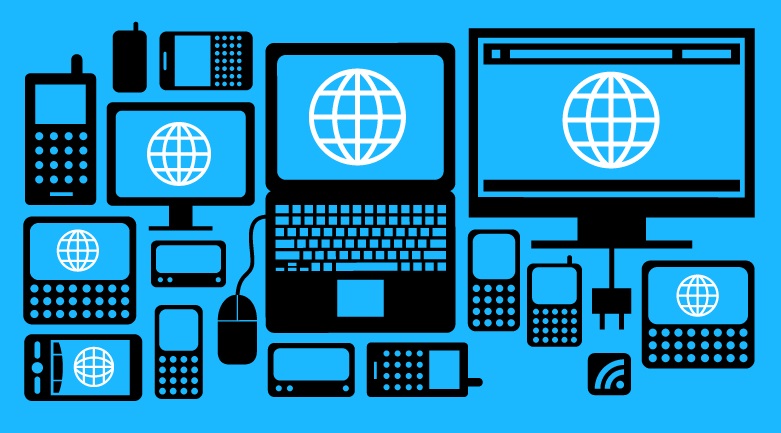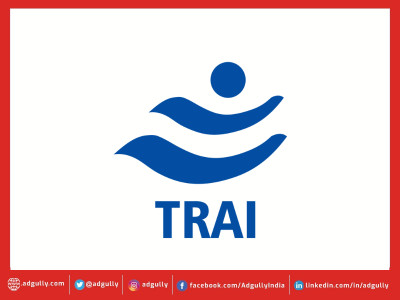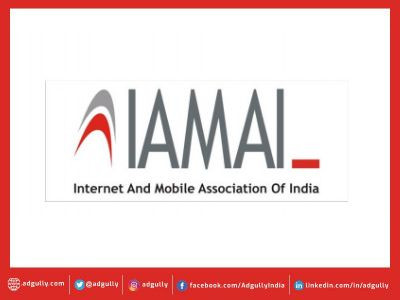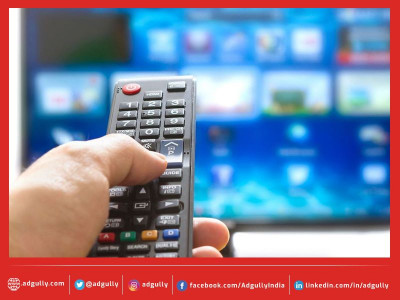Backing the concept of Net Neutrality in India, the Telecom Regulatory Authority of India (TRAI) today released its recommendations, following a long, multi-stage consultation process.
On March 27, 2015, TRAI had issued a Consultation Paper, titled 'Regulatory Framework of OTT Service', wherein the topic of Net Neutrality was also touched upon.
Prior to releasing its recommendations, TRAI had issued a pre-consultation paper on May 30, 2016, aimed at identifying the key issues and followed it up with a detailed consultation paper on January 4, 2017 that focussed specifically on questions of requirements, design, scope and implementation of the Net Neutrality framework in India.
As per its final recommendations, freeing up access to the Internet, TRAI has said that licensing terms need to be amplified to remove discrimination in Internet access based on the content being accessed, the protocols being used or the user equipment being deployed. Content also includes apps, services and any other data that can be accessed or transmitted over the Internet.
The discriminatory treatment includes practices like blocking, degrading, slowing down or granting preferential speeds or treatment to any content.
The regulatory authority also restricted service providers from entering into any agreement with any person that has the effect of discriminatory treatment based on content, sender or receiver, protocols or user equipment.
Meanwhile, in order to remove any ambiguity, ‘Internet Access Services’ have been defined and the scope of the proposed principles on non-discriminatory treatment apply specifically to Internet Access Services.
The proposals, however, exempts specialised service, that is, services other than Internet Access Services, which are optimised for specific content and where he optimisation is necessary in order to meet specific quality of service requirements. The Department of Telecom (DoT) may identify specialised services.
Internet of Things (IoT), as a class of services, are not excluded from the scope of the restrictions on non-discriminatory treatment. However, critical IoT services, which may be identified by DoT, and which satisfy the definition of specialised services, would be automatically excluded.
Click here for the detailed report of the recommendations.














Share
Facebook
YouTube
Tweet
Twitter
LinkedIn